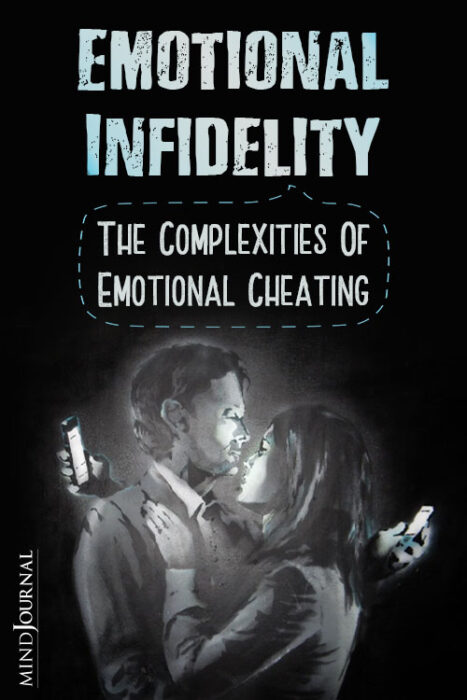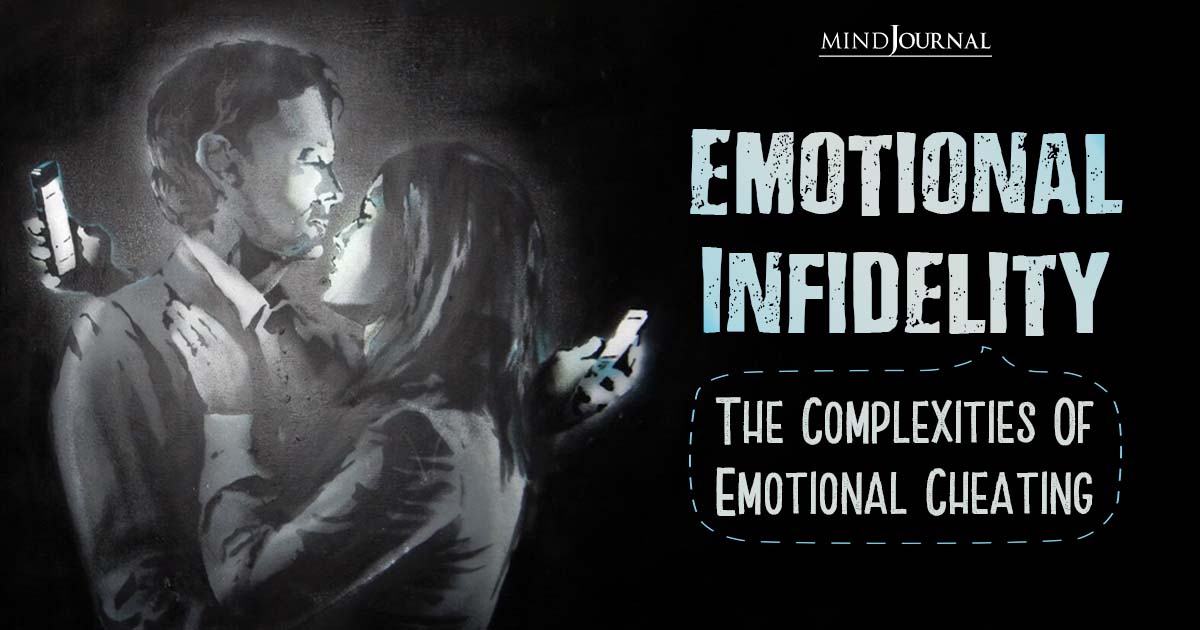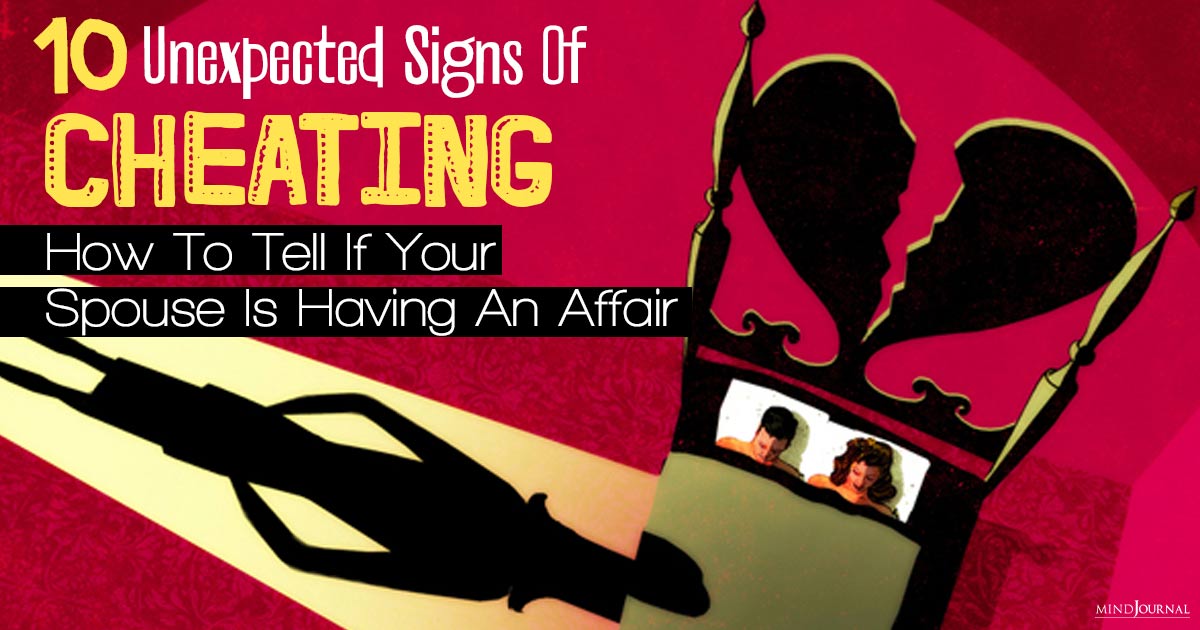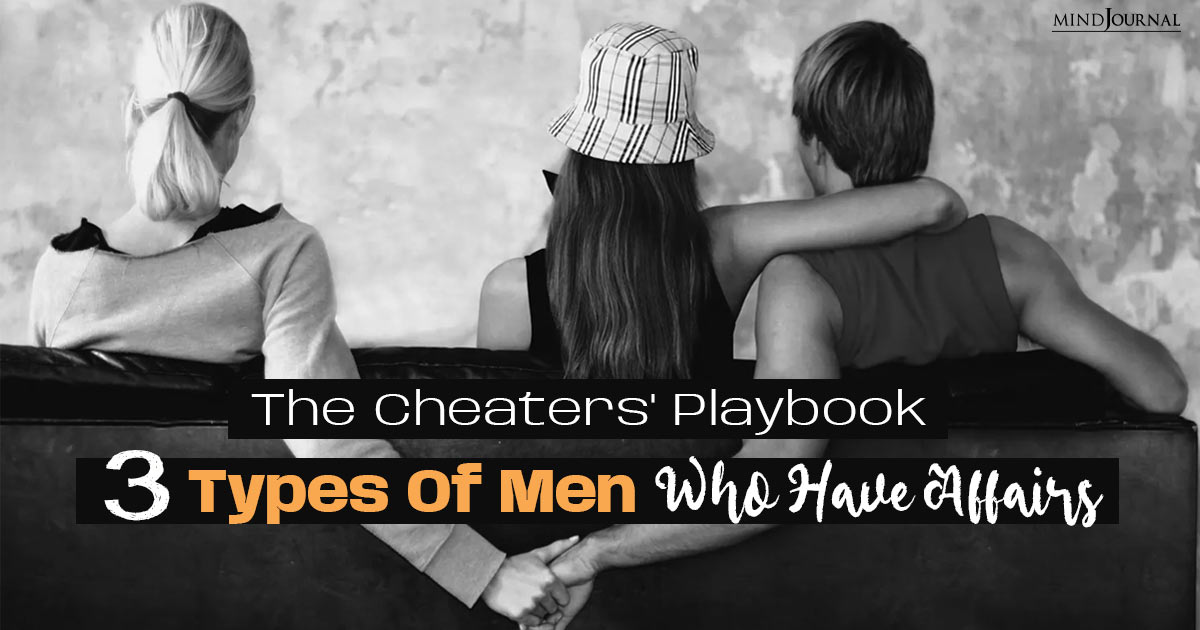We’ve all heard about cheating in relationships, but what about emotional infidelity? Yeah, that sneaky kind where someone forms a deep connection with someone other than their partner. Are emotional affairs dangerous? Let’s dive into this topic and uncover the secrets behind emotional infidelity.
Key Points:
- Emotional infidelity is a lesser-talked-about, yet common type of infidelity that can lead to a sense of betrayal and loss of trust.
- Emotional infidelity may include conversations that are inappropriately intimate, familiar, or frequent with someone other than one’s spouse.
- Emotional infidelity mimics the closeness of a romantic relationship and may even involve some sexual tension or romantic attraction.
Recently, evangelical pastor Matt Chandler of the Village Church has taken an indefinite leave of absence from preaching after confessing to an online relationship with a woman.
The relationship was not sexual or romantic, Chandler told his Southern Baptist church in Flower Mound, Texas, but elders believed that the frequent and familiar direct messages exchanged over Instagram were “unguarded and unwise” and “revealed something unhealthy.”
This story highlights the phenomenon of emotional cheating—a lesser-talked-about, yet common type of infidelity.
Related: What Men Really Think Should Count As ‘Emotional Infidelity’
What is emotional infidelity?
The traditional view of infidelity involves physical cheating; being unfaithful by having a romantic or sexual relationship with someone other than a spouse or partner. This is distinguished from emotional cheating, which is part of a broader definition of infidelity.
This type of infidelity occurs when one partner shares emotional intimacy and connection with someone other than their spouse or partner. Such affairs of the heart and mind have also been labeled micro-cheating.
This refers to the small and seemingly insignificant things that a person can do that, while not explicitly unfaithful, can carry the hint of infidelity.
Cheating doesn’t always have to involve sex or even talking about sex. Emotional affairs involve a personal connection that crosses boundaries. This can include conversations that are inappropriate because of their “frequency and familiarity,” like those in the Chandler case.
This kind of contact may be considered to be intimate in that it involves sharing feelings and thoughts about personal information regarding spouses and children or private matters involving health and finances.
Emotional infidelity forms a bond that mimics the closeness of a romantic relationship and it may even involve some sexual tension or romantic attraction.
Today’s culture provides ample opportunity for this type of infidelity. Emotional cheating can happen in person in a shared environment such as the office, giving rise to the concept of “work spouses.”
Emotional affairs can also include keeping in touch with exes and old flames via secret meetings, phone calls, texting, or social media.
Emotional cheating frequently occurs online, where it is buried in email conversations and messaging program chats or hidden in DMs on Facebook, Twitter, and Instagram. Red flags of an emotional affair include those people who hide their computers and cellphones and remove incriminating evidence; deleting their texts, messages, and phone calls.
Emotional affairs may not even involve a person communicating covertly with someone they “shouldn’t be talking to.” This contact might be with known friends or colleagues.
In the Chandler case, the pastor told his congregation that he didn’t think he’d done anything wrong—the DMing was not a secret. His wife knew. The woman’s husband knew. When scrutinized by elders, however, the online exchanges were deemed to be “concerning” and “inappropriate.”
The Village Church also hired a law firm to review Chandler’s use of social media, concluding that the pastor violated the church’s social media use policy.

What does emotional infidelity say about a person?
People who engage in emotional cheating often say that they are unhappy in their primary relationship and feel neglected or misunderstood. They may strike up a connection with a person who offers more emotional support because they do not feel valued in their relationship.
Some emotional affairs are for more selfish reasons, like escape from boredom. These people crave the excitement and infatuation of emotional affairs, finding them to be as intoxicating and addictive as alcohol or drugs.
Emotional infidelity is a reflection of character. Those who enter into non-physical affairs may be emotionally insecure or afraid of commitment. This behavior often reveals a lack of self-esteem and a lack of respect for one’s partner.
Having emotional affairs, especially for serial offenders, may indicate their lack of moral compass, revealing an empathy-deficient disorder.
Related: 6 Warning Signs Of An Emotional Affair
What’s the harm of emotional infidelity?
Some may dismiss emotional infidelity as innocuous or harmless. Those in a relationship may downplay their involvement and minimize the affair as “only” emotional, also arguing “but we didn’t have sex.” This kind of relationship is not “only” an emotional affair—it can be destructive and unhealthy.
In the workplace, emotional affairs are unprofessional and unethical, causing communication problems and interpersonal conflict. Emotional affairs are traumatic for affected spouses and partners.
They lead to a sense of betrayal and a loss of trust. The hurt and deception involved can create long-lasting resentment and distrust. Many relationships do not survive emotional affairs and result in a breakup or divorce.
To repair a relationship damaged by emotional infidelity, the affair(s) must end and the instigator should see a therapist to address any underlying emotional and psychological issues.
Marriage counseling and couples therapy can also help those in a relationship to hopefully rebuild trust and recover from the effects of emotional infidelity.
Written By Karen Stollznow Ph.D.
Originally Appeared On Psychology Today









Leave a Reply
You must be logged in to post a comment.